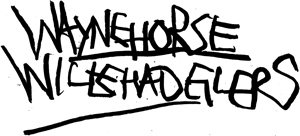The Secret
Series of paintings
In and Acrylic on canvas
200x200cm
2018
A duet of 200 by 200 cm paintings about success philosophy.
THE SECRET
The Secret is a 2006 self-help book by Rhonda Byrne. It is based on the belief of the law of attraction, which claims that thoughts can change a person's life directly.
Byrne re-introduces a notion originally popularized by persons such as Madame Blavatsky and Norman Vincent Peale that thinking about certain things will make them appear in one's life.
Byrne cites a three-step process: ask, believe, and receive.
This is based on a quotation from the Bible's Matthew 21:22: "And all things, whatsoever ye shall ask in prayer, believing, ye shall receive."
Byrne highlights the importance of gratitude and visualization in achieving one's desires, along with alleged examples.
THE LAW OF ATTRACTION
In the New Thought philosophy, the Law of Attraction is the belief that positive or negative thoughts bring positive or negative experiences into a person's life.
The belief is based on the ideas that people and their thoughts are made from "pure energy", and that a process of like energy attracting like energy exists through which a person can improve their health, wealth, and personal relationships. There is no empirical scientific evidence supporting the law of attraction, and it is widely considered a pseudoscience.
Advocates generally combine cognitive reframing techniques with affirmations and creative visualization to replace limiting or self-destructive ("negative") thoughts with more empowered, adaptive ("positive") thoughts. A key component of the philosophy is the idea that in order to effectively change one's negative thinking patterns, one must also "feel" (through creative visualization) that the desired changes have already occurred. This combination of positive thought and positive emotion is believed to allow one to attract positive experiences and opportunities by achieving resonance with the proposed energetic law.
The Law of Attraction has no scientific basis and has been dubbed a pseudoscience. A number of researchers have criticized the misuse of scientific concepts by its proponents
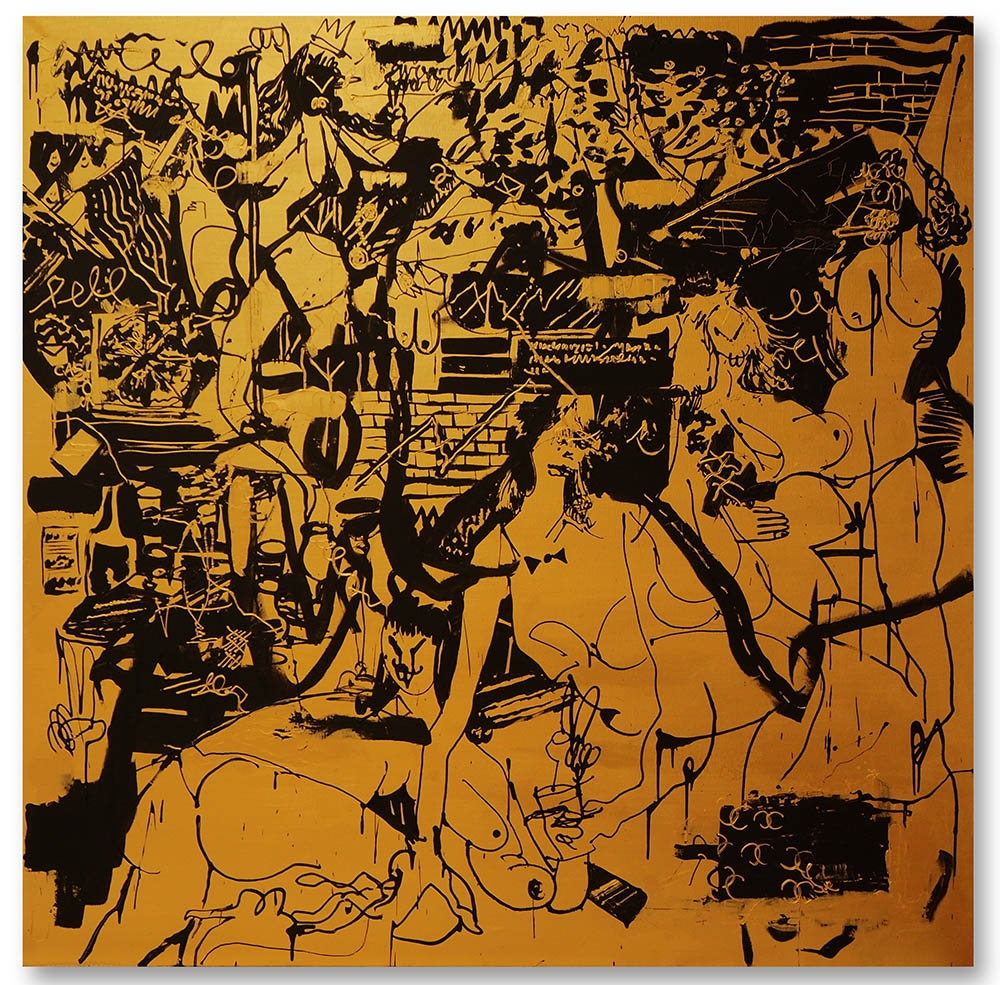
The Secret
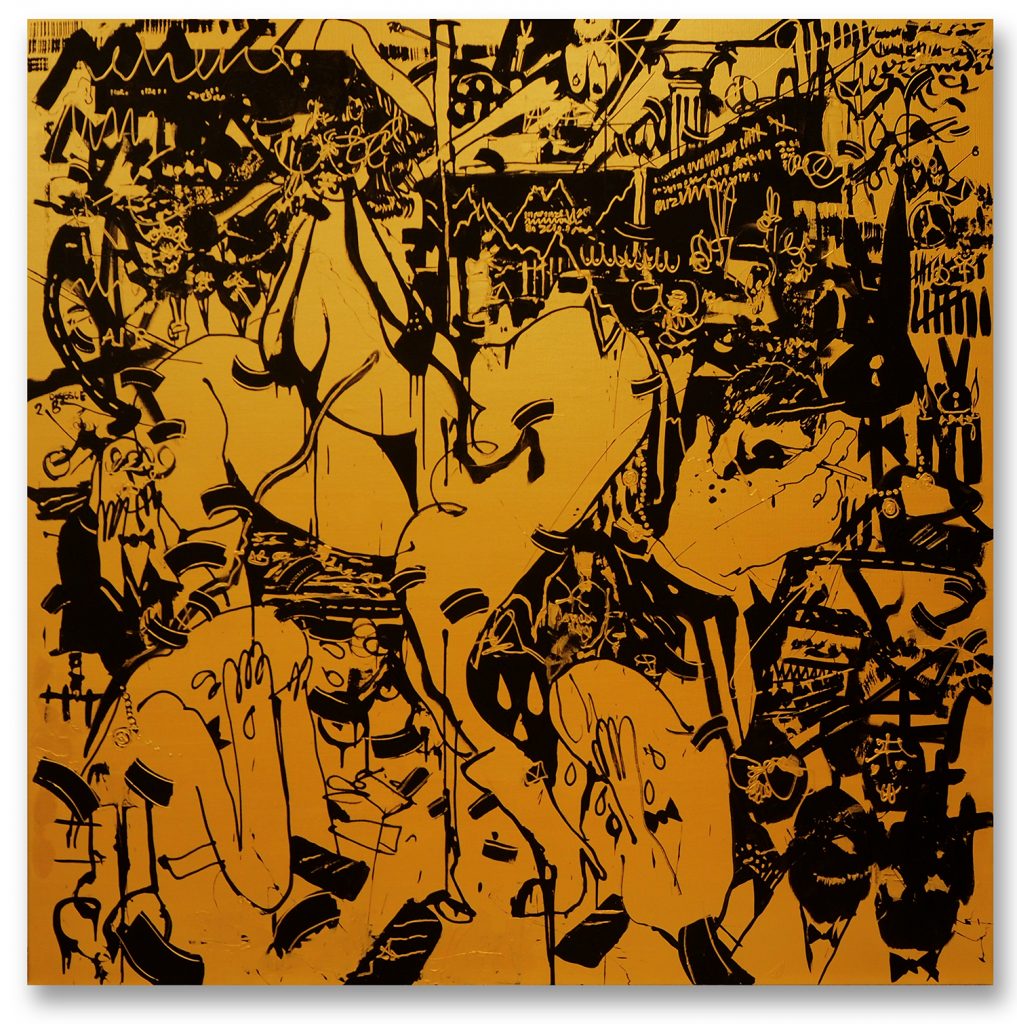
The Law Of Attraction
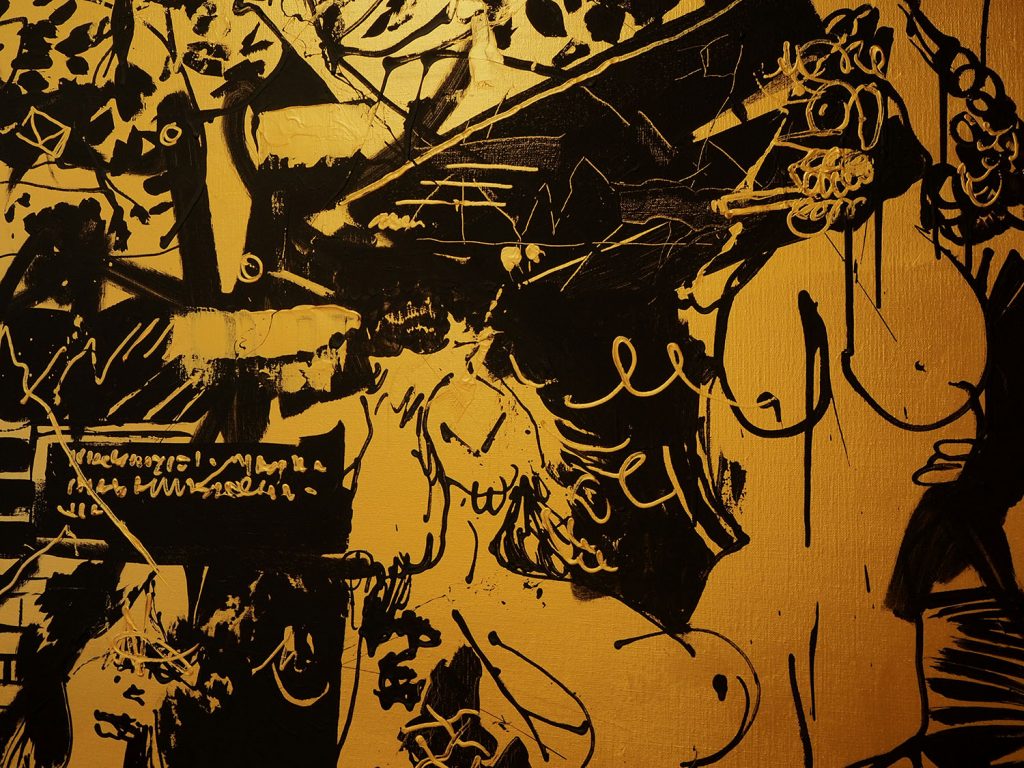
detail
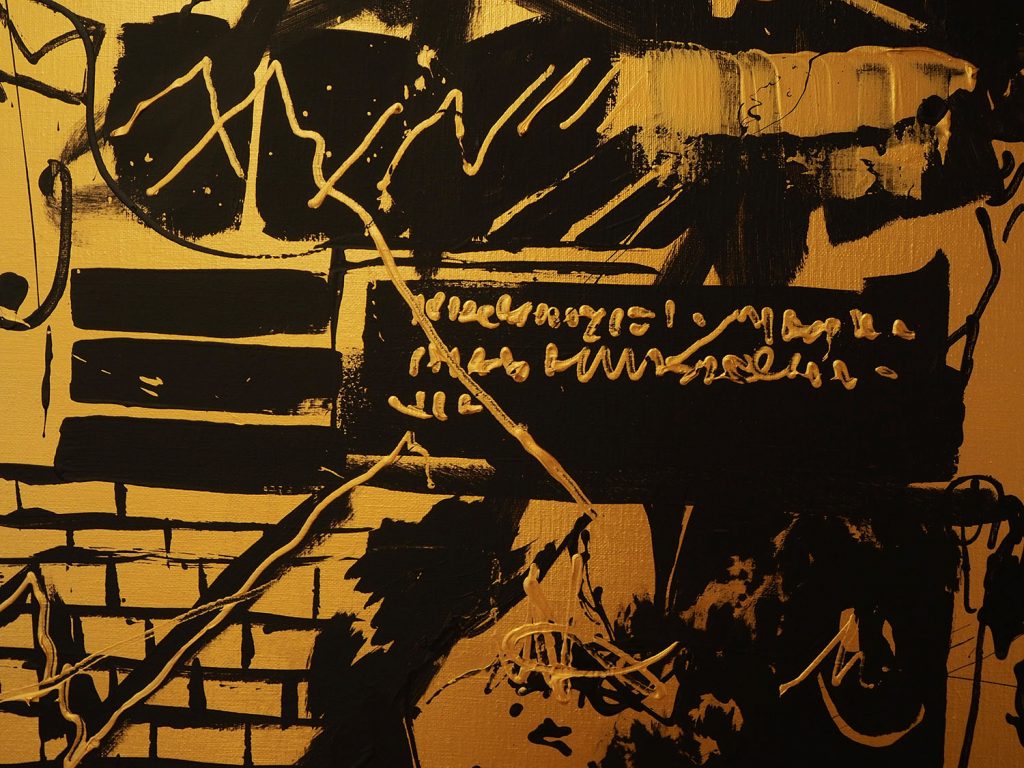
detail
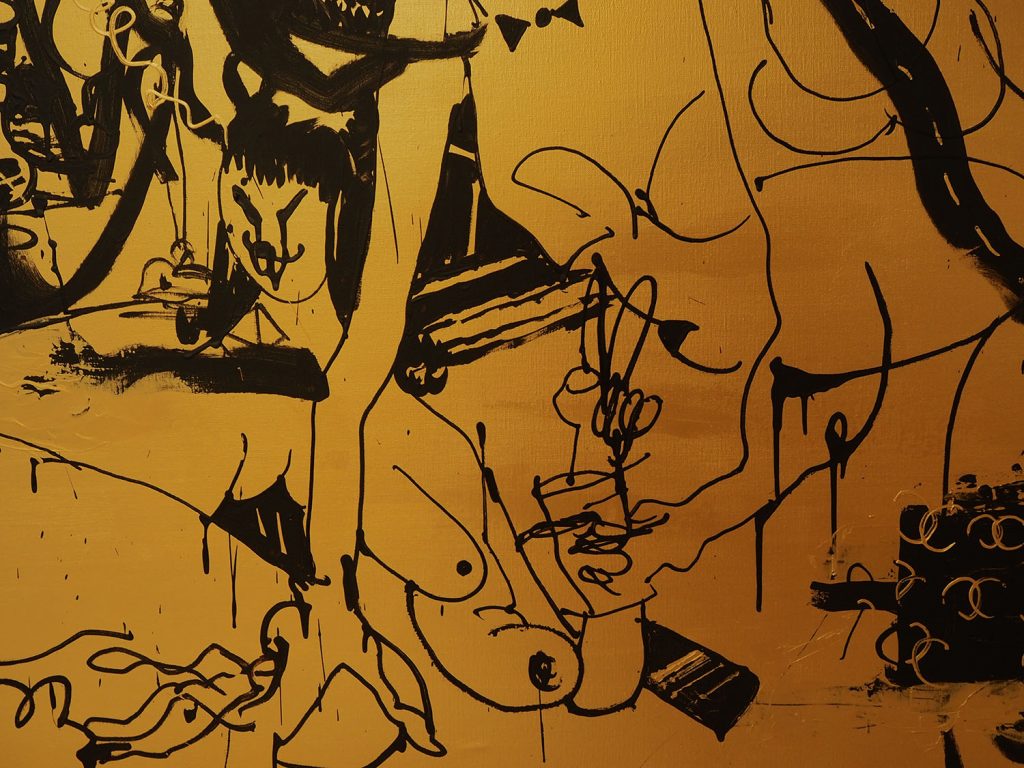
detail
